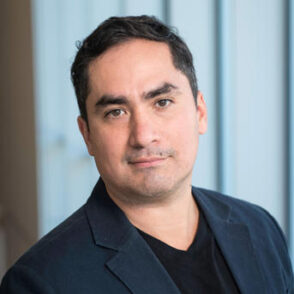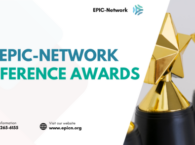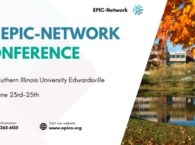Dr. Fernando Burga develops community oriented projects that matter alongside UMN students

Dr. Fernando Burga
Assistant Professor
Hubert H. Humphrey School of Public Affairs
University of Minnesota
hfburga@umn.edu

Favorite Place
The change of seasons in Minnesota
How did you first learn about EPIC-N?
I learned about EPIC-N through Mike Greco at Cura and their Resilient Communities Project (RCP).
Describe your first interaction with a school community partnership project
My first interaction with a school community project took place in San Jose California from 2013 to 2015. I realized how university can be an important actor in influencing the future of a community through its presence. I learned that this role needs to be considered with care and attention to the needs of local residents.
What are some of the top priorities you are working on this year?
Getting as much done for my tenure package and developing community oriented projects that matter for the community alongside my students.
What led you to participate within the EPIC-Network in your current capacity?
I am participating in the EPIC-Network through my partnership with Mike Greco and the University of Minnesota’s EPIC-N Program, the RCP, to research a variety of topics in the community.
In what ways are you looking to engage, or work with others, either from within the EPIC-Network, or in general?
I am looking forward in participating in the network by learning from others and further finding opportunities for student projects, ideas and innovations.
Why do you think the EPIC-Network is important?
I think RCP and the EPIC-Network are important in fostering potential learning and collaboration between different university and community actors. In essence, it can be a platform for identifying co-benefit and moving towards action.
Bio
H. Fernando Burga is an Assistant Professor at the University of Minnesota with a dual appointment at the Humphrey School of Public Affairs and University of Minnesota Extension. His research, teaching, and service focus on urban planning, particularly the incorporation of immigrant populations into planning, and urban food systems. Fernando‘s work is informed by three principles: a reflexive inquiry into the ethics of expert knowledge and the use of qualitative research; the application of design to build awareness, harness data, and enable urban planning and public policy advocacy; and a commitment to engage community actors who are disenfranchised from the fields of planning and public policy due to their race, class, and citizenship status. Fernando has a background in architecture, urban design, and urban planning. Before transitioning into academia, Fernando worked on an array of sustainable urbanism projects. His experience includes the designing of Hope VI communities, mixed-use infill developments, transit-oriented developments, and military communities. Following his professional tenure, Fernando obtained his doctorate degree in city and regional planning from the University of California, Berkeley. He was a fellow at the Center for Research on Social Change at UC Berkeley and a lecturer at UC Berkeley, San Francisco State University, and San Jose State University. In the San Francisco Bay Area, Fernando conducted qualitative fieldwork with Latino immigrants to assess the application of planning tools in addressing housing, transportation, education, economic development, and nutrition needs. This project won the 2016 American Planning Association Academic Excellence Award for Northern California and subsequently the California State-wide Award. Currently, Fernando is involved in several planning and food justice related projects in Minnesota. He is also writing a book on Cuban American empowerment and planning in Miami, Florida, under contract by University of Toronto Press. Fernando’s research has been published by Harvard University Press under an anthology sponsored by the Graham Foundation for Advanced Studies in the Fine Arts, entitled: “On the Spatial Epistemologies of Politics, or how we know Politics through Space: Essays for Design Studies.”


